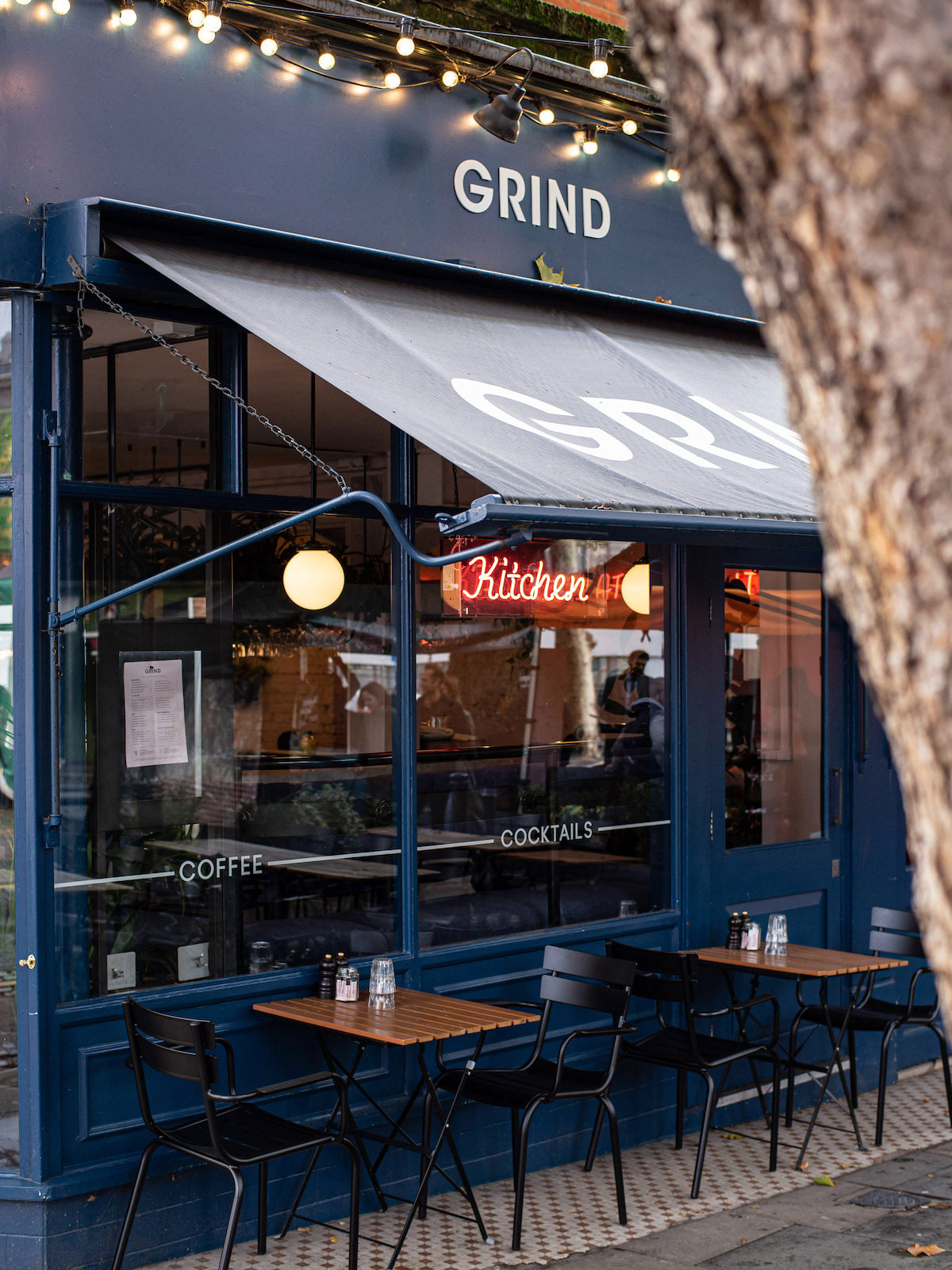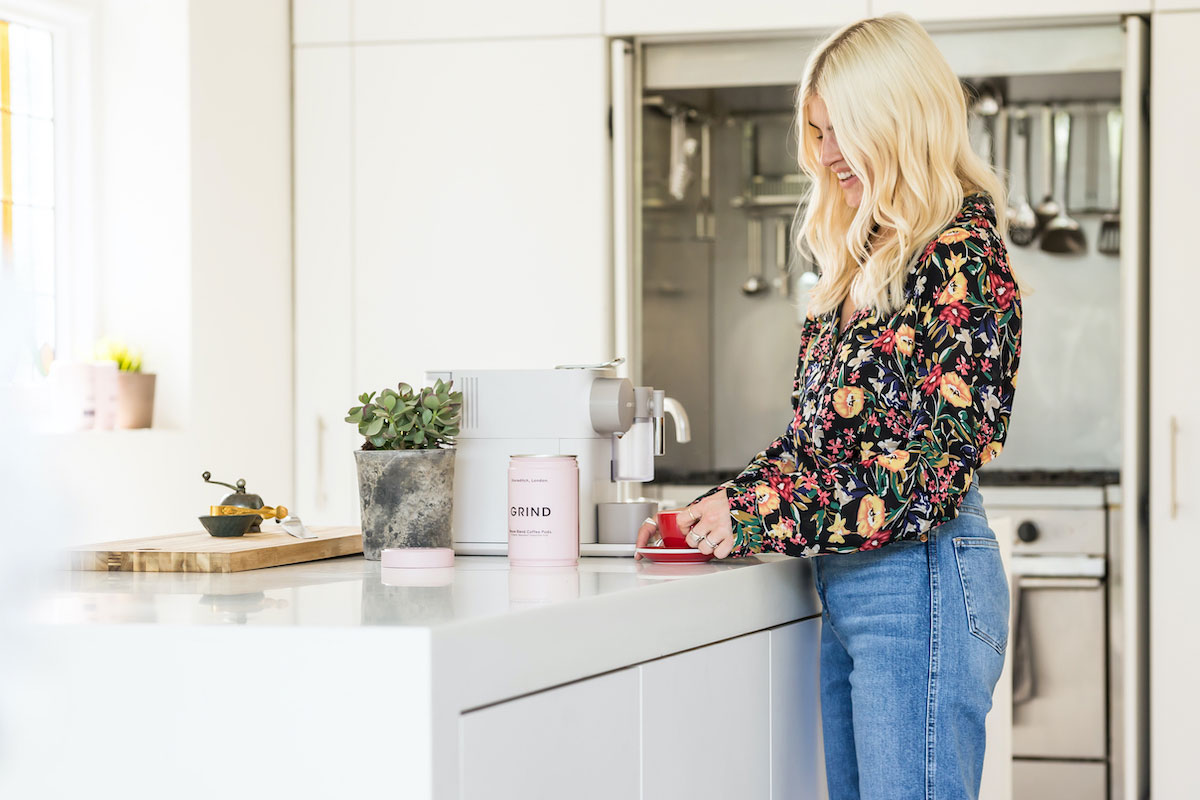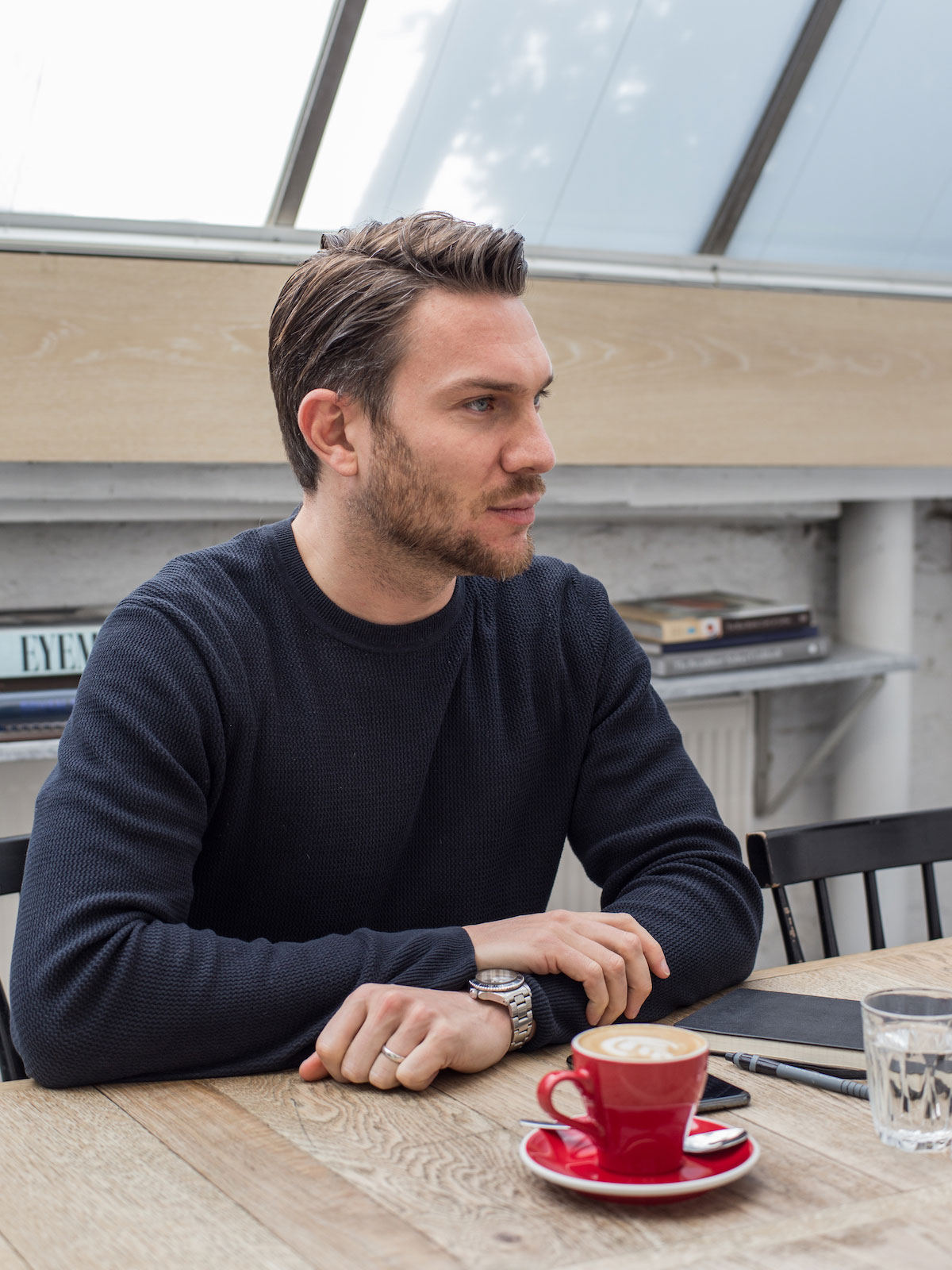Employees
Coronavirus recovery will be a marathon, not a sprint

Having experienced a “week like no other” when lockdown forced him to close his nine cafe and bar locations, Grind owner David Abrahamovitch knows recovery for his business will take years, not months.
Coffee brand Grind can trace its roots back to a first site opened in East London’s Shoreditch back in 2011. From there it has stretched out across the capital, establishing locations in spots such as Liverpool Street, Greenwich, Covent Garden and Whitechapel.
It’s the kind of expansion story that many would like to emulate, one driven by an increasing consumer demand for a particular product and environment to consume it within. However, as any hospitality or multi-site business leader knows, each new location is a double-edged sword – a new customer base but increased exposure and risk.
Grind founder David Abrahamovitch still vividly remembers the Saturday back in March he spent walking from site to site telling each of his 300 staff that they would be closing. “To shutter it indefinitely was just awful and heart breaking,” he added.
While lots of his peers in the hospitality space made immediate and large-scale redundancies at that stage, David was adamant the business wouldn’t do that. “We felt that something had to happen in terms of what became the furlough scheme. Fortunately, we held off and managed to look after everyone, actually bringing people back and putting them on furlough.”
Online revenue stream
A combination of sound strategic thinking and a hint of luck meant David and his team brought together the last few critical elements of the Grind at Home range, featuring coffee pods and beans, shortly before coronavirus bit and lockdown was announced. Starting about 18 months ago, the business started developing an offering that catered to at home coffee drinkers, capitalising on an increased demand for quality coffee and a growing number of Nespresso machines on kitchen counters.

“We’ve built the entire supply chain: a tinning line, roasters, a fulfilment centre down in Southampton and a new Shopify-based website,” David said. “Then we began investing money into Facebook advertising and really thinking about the packaging and customer service.”
Now the business has a revenue stream that gathered steam as the close of its cafes and bars hit takings. “It grew to a peak of 30x [normal revenues] in the week before lockdown,” David revealed. “It’s come down from that point, but we’re still trading at 20x levels before lockdown began, which is very encouraging.” As well as selling beans and pods through its own website, Grind is the global coffee partner for private members club Soho House. The business estimates that one of its pods is used every 7.5 seconds in the UK.
This growing revenue stream has been a big lifeline for Grind, allowing it to keep members of staff working full time and not force immediate, and potentially rash, decisions on the cafe and bar front.
“Every sale we make through our online store is improving our cash position and allowing us to work with banks to put funding in place for the physical sites, helping secure the future of the business. This has got the team fired up,” David explained.
Tough conversations
With lots of the staff at Grind furloughed because of sites being shut down, David and his senior team had to focus on the way both working and non-working staff were communicated with. A combination of methods gave the Grind CEO confidence that he was doing as much as he could to be honest and up front with staff. “We did Zoom calls with management teams and then I’ve done video messages to everyone. We also had a web page that was updated regularly with information like how the furlough scheme worked and the way in which holidays and sick pay would be impacted.”
However, he did add: “Sometimes you don’t have the answers. They want to know if their jobs are completely safe, but you can’t say that if it’s not the case and you don’t want to lie to people.”

Also conscious to not celebrate too heavily the achievements of the online side of Grind when staff from physical sites were stuck at home on furlough, David made sure he worked extra hard to draw a line linking the two situations. “We said things such as thanks to the hard work of the roasters team we’ve seen huge online sales and that’s helping us do deals with landlords and banks to ensure the future of our restaurant businesses so we don’t have to close sites and cut jobs,” he added.
Transparency around the financial situation is also an approach that has paid off for Grind. David wants everyone to know what the takings are. “Staff know what, for example, we might need to take £1,000 a day to warrant not closing doors. There’s not much to be gained in hiding that kind of information from them. Our staff understand there is a decision whether to open a shop or not. If you try and pretend that is not the case, then you’re treating them like kids.”
The last six months have thought him that nothing is impossible. Anything he thought that might be a given, like people continuing to pile out of trains and buying coffee, is not. “You learn again and again that the most important part of being a business owner is the ability to adapt and not panic. I’d like to think I’ve managed to do that at least,” he suggested.
His measured reaction has been possible because he and his team had the foresight to understand simply relying on footfall to physical locations was too risky. ” The drive towards Grind at Home has come from looking at the high street. That has been getting more difficult, even as our sales have grown. Grind is popular, and we do well in terms of revenues, but it’s just being squeezed and squeezed with thinks like business rates and the living wage.”
When it comes to David’s top piece of advice for fellow business leaders navigating themselves through a situation nobody thought they ever would, it comes packaged as a warning of sorts. “It’s a marathon, not a sprint. Plan for the next 18 months, not the next three months. Also, if you’re still alive then you’re doing something well. But don’t be afraid to cut out the marginal things – the stuff that was break even, might get there in the future or was a pet project. Recovery is about getting back to the core business.”


